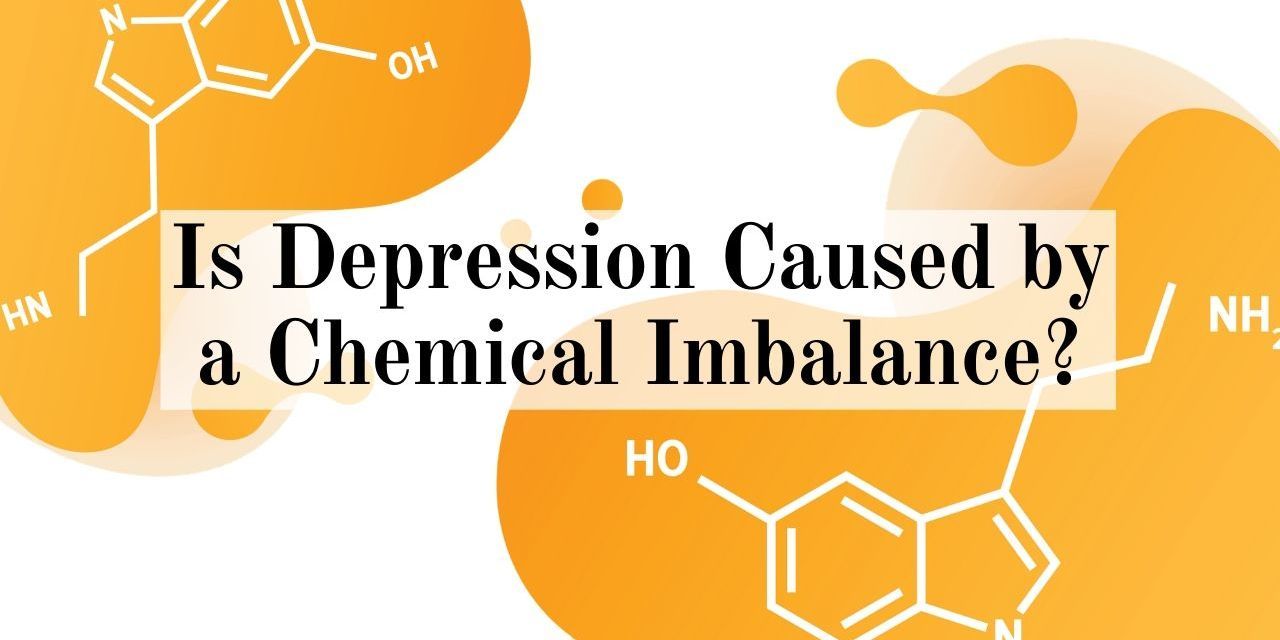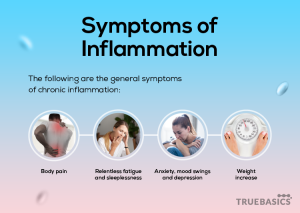Last updated on August 30, 2023
Depression, often misunderstood and stigmatized, is a complex mental health disorder that affects millions of individuals worldwide. While there are numerous factors contributing to its onset and perpetuation, one theory that has gained significant attention over the years is the notion of a chemical imbalance in the brain. This controversial hypothesis suggests that alterations in neurotransmitters, such as serotonin, norepinephrine, and dopamine, disrupt the delicate equilibrium necessary for emotional well-being. As researchers delve deeper into understanding this intricate interplay between brain chemistry and depression symptoms, it becomes imperative to explore whether this theory holds true or if there’s more to the story behind this enigmatic condition.
What Is A Chemical Imbalance?
A chemical imbalance, specifically in relation to depression, refers to the disruption of neurotransmitters in the brain that are responsible for regulating mood and emotions. These neurotransmitters include serotonin, dopamine, and norepinephrine. When there is an imbalance or dysfunction in these chemicals, it can lead to depressive symptoms such as feelings of sadness, hopelessness, and a lack of motivation.
While it is often simplified that depression is solely caused by a chemical imbalance in the brain, recent research has shown that the relationship between depression and neurotransmitters is more complex than initially believed. Studies have indicated that environmental factors like stress and traumatic events can also play a significant role in triggering changes in brain chemistry. Additionally, genetic predispositions may make certain individuals more susceptible to developing a chemical imbalance that leads to depression.
The Role Of Neurotransmitters In Depression
When it comes to understanding depression, one area that researchers have focused on is the role of neurotransmitters. Neurotransmitters are chemicals in our brains that transmit signals between nerve cells. They play a crucial role in regulating mood, emotions, and overall mental well-being. In the case of depression, there is often an imbalance or dysfunction in certain neurotransmitters.
Serotonin, for example, is a neurotransmitter associated with feelings of happiness and well-being. Low levels of serotonin have been linked to symptoms of depression such as low mood, lack of motivation, and disrupted sleep patterns. On the other hand, norepinephrine is another neurotransmitter involved in depression that affects our stress response system. When there is an imbalance in norepinephrine levels, it can lead to increased anxiety and feelings of sadness.
Understanding the role of neurotransmitters in depression can help us develop more targeted treatments for this mental health condition. By identifying specific imbalances or dysfunctions in certain neurotransmitters, scientists can work towards developing medications that directly target these components to alleviate symptoms. Additionally, this knowledge can also shed light on non-pharmacological interventions such as therapy techniques or lifestyle changes that may help rebalance these neurotransmitters naturally.
Linking Chemical Imbalances To Depressive Symptoms
While many factors can contribute to the development of depression, research suggests that chemical imbalances in the brain play a significant role in its manifestation. Specifically, neurotransmitters such as serotonin, dopamine, and norepinephrine are believed to be involved in regulating mood and emotions. When these chemicals become imbalanced or disrupted, it can lead to depressive symptoms.
For example, low levels of serotonin have been linked to feelings of sadness and anxiety. Serotonin is responsible for transmitting messages between nerve cells and is often referred to as the feel-good chemical. When serotonin levels are depleted or insufficient, it can result in a downturn in mood and an increase in negative emotions.
Similarly, dopamine plays a crucial role in motivation and reward response. It is commonly associated with pleasure-seeking behaviors and feelings of happiness. A decrease in dopamine levels has been observed in individuals experiencing depression, which may explain why they often struggle with finding joy or interest in activities they once enjoyed.
Debunking The Myth Of A Single Cause
Many people believe that a chemical imbalance in the brain is the sole cause of depression. However, this oversimplification fails to take into account the complexity and multifaceted nature of mental health conditions like depression. While it is true that imbalances in neurotransmitters such as serotonin and dopamine can contribute to depressive symptoms, they are not standalone causes.
Depression has been found to have various contributing factors, including genetics, environmental factors, traumatic experiences, and even social and cultural influences. In fact, research has suggested that up to 40% of depression cases may be attributed to genetic factors alone. Additionally, stressful life events or chronic stress can trigger or exacerbate depression in individuals who may be predisposed to the disorder.
It is crucial to understand that treating depression requires a comprehensive approach that addresses all possible causes and contributing factors rather than relying solely on medication aimed at correcting chemical imbalances. By acknowledging the complexity of depression’s origins, we can develop more holistic treatment plans tailored to individual needs and enhance our understanding of this prevalent mental health condition.
Treatment Options For Depression Chemical Imbalances
While there is still much research to be done on the exact causes of depression, one prevalent theory suggests that chemical imbalances in the brain play a significant role. The neurotransmitters serotonin, dopamine, and norepinephrine are often implicated in this imbalance. Fortunately, there are several treatment options available for individuals struggling with depression and chemical imbalances.
- Selective serotonin reuptake inhibitors (SSRIs) are commonly prescribed medications for depression. By increasing levels of serotonin in the brain, SSRIs can help improve mood and reduce symptoms of depression. Another class of antidepressants is called selective norepinephrine reuptake inhibitors (SNRIs), which work by targeting both serotonin and norepinephrine levels in the brain. These medications can be effective in treating not only depression but also anxiety disorders.
- In addition to medication, psychotherapy is another essential treatment option for individuals with depression and chemical imbalances. Cognitive-behavioral therapy (CBT) is widely recognized as an effective form of therapy for depression. It focuses on identifying negative thought patterns and helping individuals develop healthier ways of thinking and coping with their emotions. Other forms of therapy such as interpersonal therapy (IPT) and psychodynamic therapy may also be beneficial depending on individual needs.
Overall, while chemical imbalances may contribute to the development of depression, it’s important to remember that each person’s experience with the disorder is unique.
Conclusion:
In conclusion, it is essential to emphasize the complexity of depression causes. Although there is a prevailing belief that depression solely arises from a chemical imbalance in the brain, this oversimplifies the issue. Research has shown that numerous factors contribute to the development of depression, including genetics, traumatic experiences, stress levels, and social factors.
While it is true that certain neurotransmitters like serotonin and dopamine play a role in mood regulation and can be imbalanced in individuals with depression, it is crucial not to solely attribute this as the sole cause. Life events such as loss or trauma can trigger depressive episodes even in people with otherwise balanced brain chemistry. Additionally, genetic predispositions may influence an individual’s susceptibility to developing depression.
Furthermore, external factors such as chronic stress or social isolation cannot be disregarded. Chronic stress can disrupt normal brain functioning and lead to depressive symptoms over time. Similarly, a lack of social support or feelings of loneliness can significantly impact mental health and increase vulnerability to depressive disorders.
Ultimately, acknowledging the complexity of depression causes allows for a more comprehensive understanding and treatment approach to this prevalent mental health condition. Instead of focusing exclusively on biochemical imbalances within the brain alone, we must consider all contributing factors – biological, psychological, and environmental – for effective interventions that address each aspect holistically.






Be First to Comment